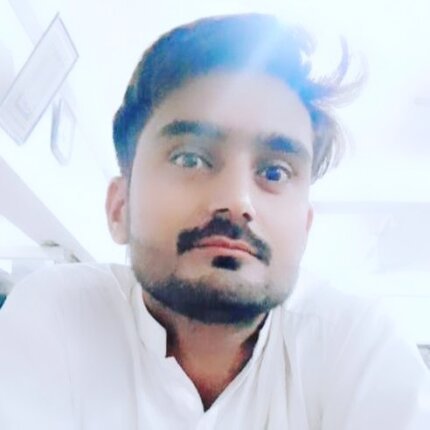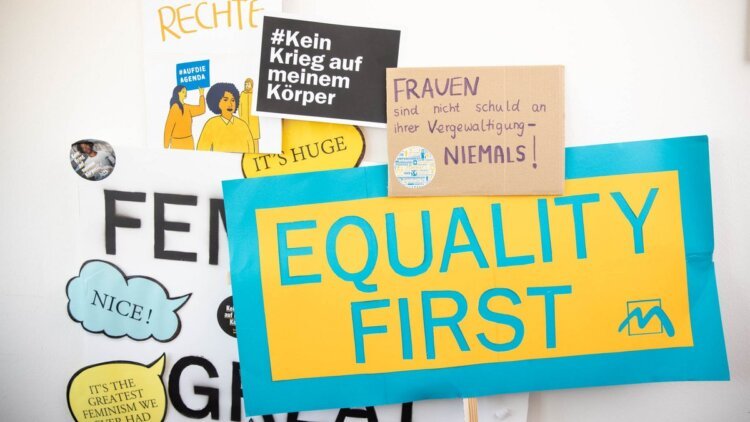
The question of women’s freedom has remained a subject of controversy worldwide. The root cause lies in male dominance and centuries-old patriarchal traditions that have sustained women’s dependence on men. There is no doubt that men and women have equal rights in society to live a life of their choice, pursue education, access healthcare, share in property, choose a life partner, and contribute to social responsibilities for the betterment of institutions.
However, some distractions have infiltrated the core challenges. Slogans such as “mera jism, meri marzi” (My body, my choice) and “humein azadi chahiye, na ki izzat” (We want freedom, not respect) have conveyed a misleading message, raising questions about the nature of the freedom being demanded. This shift has diverted attention from critical issues such as limited access to education, employment discrimination, and gender-based violence.
Freedom of expression is a fundamental right of women. They should be valued equally alongside men, enjoying the same rights and standing as equal members of society.
This is the time, especially in these testing days, to grant women their due rights by raising voices for practical solutions — improved access to education, equal job opportunities, rejection of dowry, stricter laws against gang rape, and social parity for women across all regions.
The real purpose of Aurat Azadi (Women’s Freedom) lies in advocating for rural girls’ education, eradicating child marriages, and eliminating oppressive customs in underdeveloped areas. Unfortunately, this slogan has been misrepresented in recent years, diverting attention from the critical issues faced by women.
The identity and status of women are non-negotiable. A strong argument lies in her revered roles as a mother, sister, daughter, and wife — she is not only a pillar but also a builder of any truly civilised and progressive society. Women’s rights should not be disturbed with the blind imitation of Western ideologies that may not relate to local socio-cultural values.
Instead, efforts must be directed towards meaningful advocacy so that women in rural areas are not pushed towards dependency on men. It is necessary that they receive education, access employment, and are empowered to contribute to national development. Whether in the armed forces, medical field, engineering, politics or sports, women must have equal opportunities to serve alongside men in a safe and supportive environment.
There is no doubt that women have been the architects of society, capable of contributing to socio-economics, politics, health, education and agriculture. History remembers Fatima Jinnah, who supported her brother, Muhammad Ali Jinnah, in the formation of Pakistan and later emerged as a political figure challenging the status quo. Similarly, Benazir Bhutto, the lady with democratic principles, set the precedent by becoming the first female Prime Minister of the Muslim world.
In recent times, fearless women like Malala Yousafzai, who advocates for girls’ education globally; Justice Ayesha Malik, Pakistan’s first female Supreme Court judge; and Nighat Dad, a leading digital rights activist, have been relentless in their fight for human rights and social progress. Susan B. Anthony, a powerful social activist, has also been a global inspiration in the struggle for women’s rights. Their legacies continue to inspire women to step forward, challenge norms, and demand their rightful place in society.
The concept of womennomics redefines gender equality by linking it directly to economic growth. Women in agriculture, education, healthcare, technology, science, and entrepreneurship are actively contributing to Pakistan’s development.
Women-led startups are on the rise, proving that given the right opportunities, women can be powerful economic drivers. The inclusion of women in the workforce is not just about fairness, but also about progress, prosperity, and national strength.
The struggle for gender equality must continue, and every woman who defies the odds becomes a role model for the next generation. Now is the time to invest in women without hurdles.
The writer is a graduate and holds a bachelor’s degree in Zoology from the University of Sindh, Jamshoro. He can be contacted at ahmedhingoro1987@gmail.com



